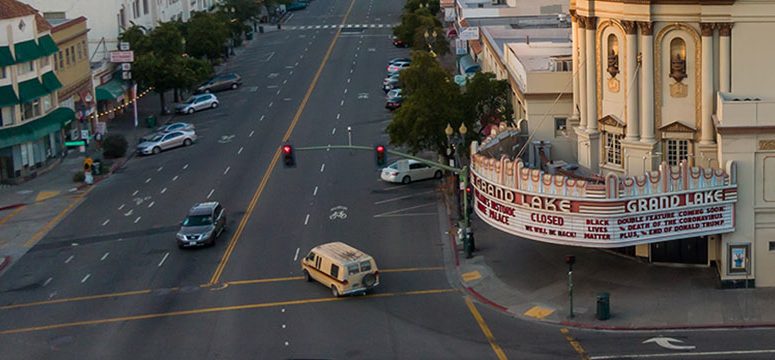 Confiscated counterfeit and altered placards. Photos: Matthew Roth
Confiscated counterfeit and altered placards. Photos: Matthew RothThe fines for illegal use of disability placards and for fabricating fraudulent placards could go as high as $1000 if Assemblymember Fiona Ma's new bill passes the State Senate and is signed by Governor Schwartzenegger. The bill, which passed in the Assembly near unanimously at 73-3 on May 18th, will go before the Senate Transportation Committee on June 23rd.
"Between 1997 and 2007, there was a 131 percent increase in the number of disabled placards issued in California, and empirical evidence strongly indicates that there has been a significant increase in misuse and fraud as well," said Assemblymember Ma. Waiving a printed piece of paper in the air, Ma said she had just been shown a current Craigslist ad selling a disability placard for $250 dollars.
"My bill is going to increase the fines for illegal use of these
placards and allow parking control officers to cite and to fine these
illegal users. The illegal users are not paying parking, this is free
parking. This is something we're clamping down on."
MTA Chief Nat Ford said his agency had confiscated over 1,000 bogus placards last year and had already confiscated 1,500 this year; he expects the total haul from the agency's stings to be well over 2,000. There are roughly 52,600 legitimate disabled placards issued by the State DMV to drivers in San Francisco, out of 2 million total statewide. Because the placards are issued at the state level, enforcement is the only direct authority local agencies have to curtail abuse.
"With this current bill, when it passes, we will be able to issue a citation, much the same as we do with fare evasion," said Ford. "Then it's adjudicated through a civil process instead of a criminal process. As you can imagine, there are bigger issues at it relates to crime and criminal activities versus what could be a civil offense that we could properly fine at a much higher rate, anywhere between $250-1000."
"The idea here is the fine should be the deterrent," he added.
 Parking control officers, including special enforcement unit supervisor Daisy Lucas, Assemblymember Fiona Ma, Director of Mayor Newsom's Office of Disability Susan Mizner, and MTA Chief Nat Ford.
Parking control officers, including special enforcement unit supervisor Daisy Lucas, Assemblymember Fiona Ma, Director of Mayor Newsom's Office of Disability Susan Mizner, and MTA Chief Nat Ford.Susan Mizner, Director of Mayor Gavin Newsom's Office on Disability, said the law was meant to improve transit and still provide mobility assistance for the disabled:
San Francisco is a "transit first" city and people who can take public transportation should take public transportation. For people who can't use public transport because of disabilities, placards are the most efficient, and for the city the most cost effective, means of them getting to work, to school, to shopping, to meetings, to socialize. In short, for many people with disabilities, placards are the best means to be able to participate as full members of society.
For over ten years the MTA Enforcement Division has maintained a special parking enforcement unit to seek out and cite those who abuse parking privileges. The unit consists of four teams of two PCOs who have been specially trained in issues associated with disabled parking enforcement, such as understanding that holders of disabled placards may have hidden disabilities. But as division supervisor Daisy Lucas explained, their ability to deter abuse is limited by the current maximum fine of $100 for fraudulent placards and rules limiting their ability to issue multiple citations for abuse.
"If the person does come back to the vehicle and the meter is expired and they have the handicapped placard displayed, we can ask them for verification," said Lucas. "If they don't have the proper ID, or they tell us they're using their mother's or father's placard, then we only issue them the citation for the meter. We can't issue any other citation. In that case, we can still confiscate the placard, but we can only issue the one citation."
If the bill passes the Senate and is signed into law by Governor Schwazenegger, municipalities will have the discretion to raise fees to between $250-1,000. The San Francisco Board of Supervisors will work with the MTA to adjust the fees for first-time and repeat offenders. Supervisor Bevan Dufty, who helped publicize the issue at the state level, said those who abuse the placards should be fined substantially.
"I think high is good; I think it's something people see a lot," he said. "This is something that's a fraudulent practice and they should be strongly discouraged from committing fraud. I would definitely favor $250 or above and definitely for I think for repeat violators we should go to $1,000. If somebody were to do this, get caught, then try to do it again, I think they should get hit as heavily as possible."





